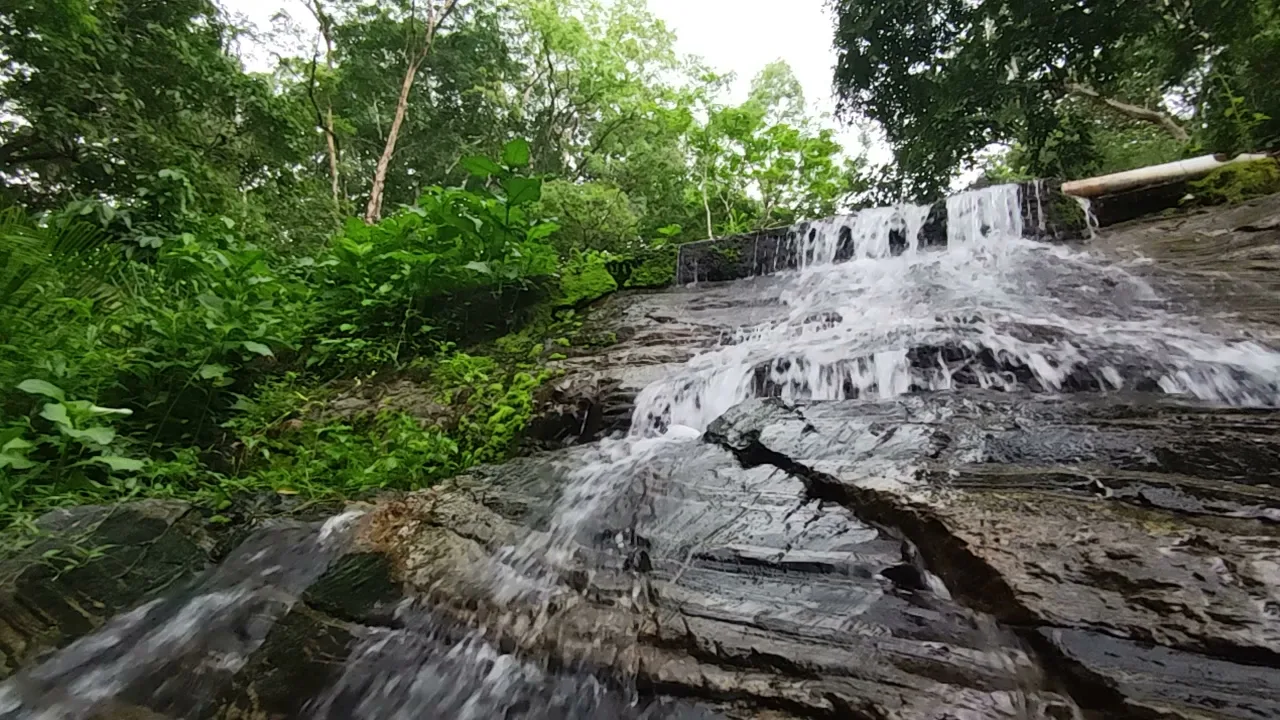The largest national park. Gashaka-Gumti National Park, Nigeria’s largest, is situated in the eastern region and encompasses diverse habitats such as highland forests and savannah.
What wildlife is waiting at Gumti-Gashaka?
The largest national park. Gashaka-Gumti is a biodiversity hotspot, attracting endangered species like elephants, buffaloes, and chimpanzees and offering an exciting experience in its isolated, untamed landscape.
Actions:
Trekking with chimpanzees:
Gashaka-Gumti offers guided forest walks with experienced rangers, providing an opportunity to observe chimpanzees in their natural environment.
Bird Watching:
The park boasts over 500 bird species, making it an ideal destination for birdwatchers, with rare species like the African grey parrot and yellow-casqued hornbill also present.
Abuja National Park: Fauna in the City Core
Abuja National Park offers a practical and rewarding nature experience for city dwellers, providing a green haven for various wildlife species.
The Experience of Urban Wildlife
Abuja National Park offers a leisurely exploration experience with its walking pathways, showcasing a variety of animal species like crocodiles and monkeys.
What to anticipate:
Walking routes:
The park offers well-maintained walking routes through marshes and wooded areas, perfect for leisurely strolls and wildlife viewing.
Educational trips:
Abuja National Park provides educational trips showcasing conservation and ecosystem importance, attracting families and school groups.
Birdwatching: The Avian Treasures of Abuja
Bird watching in Abuja offers a fulfilling connection to nature, with its diverse habitats attracting both novice and expert bird watchers.
Where to go bird-watching in Abuja
Abuja is a popular destination for bird-watching, with Jabi Lake, a waterfowl habitat, and the surrounding hills attracting raptors and other large birds.
Top Bird Watching Spots:
Jabi Lake:
The man-made lake is a popular birding spot, attracting species like pied kingfisher, African jacana, ducks, and geese during early mornings and late afternoons.
Aso Rock:
Aso Rock offers unique bird-watching experiences with species like African fish eagles and Verreaux’s eagles soaring above cliffs.
Bird Watching Tips:
Best Time to Watch:
Early morning and late afternoon are the best times for bird watching, as birds are most active during these hours.
Equipment:
A good pair of binoculars and a field guide to West African birds will enhance your bird-watching experience.
Conservation Efforts: Protecting Abuja’s Wildlife
The largest national park. Abuja’s growth underscores the need for conservation efforts to safeguard the region’s wildlife, with organizations and local communities working together to preserve natural habitats for future generations.
Key Conservation Initiatives
Abuja is implementing various conservation initiatives to protect wildlife and their habitats, such as anti-poaching patrols, habitat restoration projects, and community-based programs.
Notable Organizations:
Nigerian Conservation Foundation (NCF):
The NCF is actively involved in conservation projects in Nigeria, particularly in Abuja, focusing on preserving endangered species and promoting sustainable land use practices.
Abuja Environmental Protection Board (AEPB):
The AEPB is a city-based organization that promotes environmental education, tree planting, and green space management to prevent urban development from harming natural habitats.
People also asked
Is there wildlife in Abuja?
Abuja and its surrounding areas offer diverse wildlife viewing opportunities, including antelopes, monkeys, crocodiles, and bird species, in natural habitats like Abuja National Park and savannahs.
What animals can be found in Abuja National Park?
Abuja National Park safeguards wildlife like monkeys, crocodiles, and birds, providing a protected environment for their natural habitat observation.
Where can I see birds in Abuja?
Abuja’s Jabi Lake, Aso Rock, and savannahs are popular bird-watching destinations, attracting diverse species like waterfowl and raptors.
How can I contribute to wildlife conservation in Abuja?
Volunteer with local conservation organizations, engage in community projects, and raise awareness about habitat protection in Abuja by supporting NCF or AEPB.
What is the best time of year to explore wildlife around Abuja?
The dry season from November to March is the best time to explore Abuja’s wildlife due to its cooler weather, easier animal sightings, clearer skies, and bird watching opportunities.
Conclusion
The largest national park. Abuja’s natural habitats provide diverse wildlife encounters, including savannahs, national parks, and lakes.
As urbanization expands, conservation efforts are crucial to preserving these natural treasures for future generations.
Take a break from the city and explore the surrounding natural beauty.










